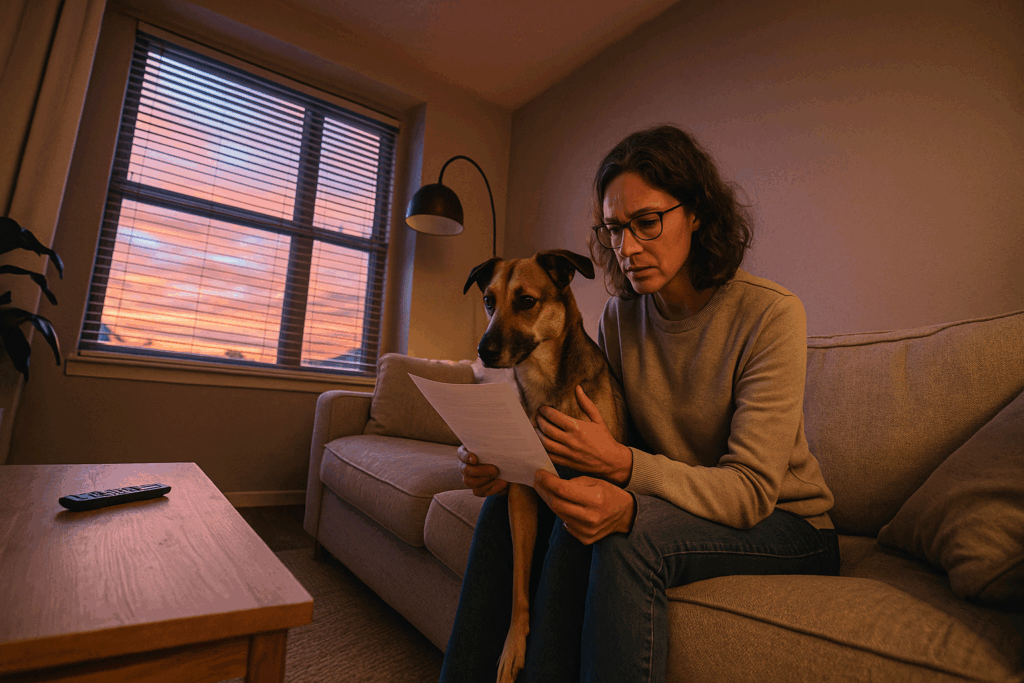Introduction
Pet ownership isn’t just about feeding your dog or cleaning your cat’s litter box anymore. Across the U.S. and beyond, laws surrounding pets are tightening up—and fast. From stricter breed restrictions to mandatory microchipping, owning an animal now comes with a growing checklist of legal responsibilities.
Why the shift? A mix of factors: rising urban populations, increasing reports of animal neglect and aggression, and a push toward better public health standards. Governments are looking for more accountability from pet owners, and that means more rules, more paperwork, and more risk if you’re not paying attention.
In 2024, pet owners need to stay alert. It’s not just about loving your animal—it’s about navigating a widening legal landscape. Breed bans, housing clauses, registration demands—any one of these can catch you off guard if you’re not prepared. The cost of ignoring the law now? Fines, forced rehoming, or even legal battles. Put simply: knowing your local regulations isn’t optional—it’s part of being a responsible owner.
Licensing and Microchipping Requirements
If you’ve got a pet and haven’t registered or chipped them yet, it’s time to get moving. Cities, counties, and even entire states are tightening up on pet licensing laws. What used to be a suggestion is rapidly becoming a non-negotiable. The trend is clear: governments want to know who owns what, and microchips are seen as the most reliable way to track animals and reunite them with owners.
More places are now requiring not just one-time registration, but annual renewals. Microchipping is either mandatory already or on the books to become so. And those who skip out? They’re facing steeper fines. It’s not just a slap on the wrist anymore—it can turn into a legal hassle.
For pet owners, staying ahead means treating registration and microchipping the same way you handle vaccinations or routine vet care: essential, not optional. Falling behind can cost you more than money—it could cost you the ability to keep your pet if things go sideways like an unexpected shelter hold or dispute.
The upside? More traceability equals more recoveries. But only if you play by the rules.
How Pet Owners Are Adapting
Pet ownership used to be simple. Feed, walk, love. But with laws shifting fast, staying compliant isn’t just about being a good person—it’s about staying protected. More owners are turning to vets not just for shots and checkups, but for help navigating rules around breed restrictions, housing approvals, and travel paperwork. Legal advisors who specialize in animal law? Also on speed dial. Especially for those with restricted breeds or complex living arrangements.
The smart move is getting your records tight. That means up-to-date vaccinations, proof of spay/neuter, microchip documentation, and any training certs if you’ve got them. Organized pet files have gone from nice-to-have to must-have, especially if you’re crossing state lines or dealing with housing applications.
And yes, pet legal insurance is a thing now—and it’s gaining traction. Think coverage for disputes with landlords, injuries involving other animals, or even custody battles in a breakup. It’s not glamorous, but it’s peace of mind in a hyper-regulated world. The bottom line: a little planning now saves a lot of scrambling—and potentially, a lot of money—later.
Staying Informed and Protected
Staying ahead of pet-related laws doesn’t have to be overwhelming—you just need to know where to look and who’s in your corner.
Start local. Your city or county animal control website is usually the first to update ordinance changes. State legislative trackers, like OpenStates or your local government portal, provide real-time updates on bills that touch things like breed restrictions, licensing, or sales regulations.
To get involved, pay attention to city council agendas and community hearings. Pet-related bylaws often pop up in housing or public safety discussions, and showing up—or even submitting a written opinion—can make a bigger impact than most people think. Many smaller wins have come from a few dedicated owners speaking out.
Also, don’t go it alone. Community groups like local humane societies, rescue collectives, or breed-specific clubs often have advocacy arms. They track movements in real time and alert members when action is needed. National organizations like the ASPCA or the Animal Legal Defense Fund also run email alerts and education campaigns.
If you’re looking for a steady stream of updates, practical advice, and news that actually affects daily pet care, check out Weekly Pet Care News, Tips and Highlights.
Final Thoughts
Owning a pet isn’t just about love and good intentions anymore. The legal stakes have changed. From breed restrictions to microchipping mandates, cities and states are passing laws that can impact your pet’s day-to-day life—and your wallet.
If you don’t stay updated, you risk fines, loss of custody, or worse. Saying you “didn’t know” won’t hold up when enforcement shows up. That’s why legal literacy has become a basic part of responsible ownership. Know your rights. Know your obligations. Be the pet owner your dog or cat actually needs you to be.
Being proactive isn’t paranoia—it’s protection. By staying informed and adjusting early, you keep your pets safe, your records clean, and avoid court battles you never asked for. The laws are evolving; your habits should too.


 Annelina Pierceric is a dedicated author at pethubnest She shares practical insights on pet care, exploring new ways technology can support healthier and happier lives for pets.
Annelina Pierceric is a dedicated author at pethubnest She shares practical insights on pet care, exploring new ways technology can support healthier and happier lives for pets.


